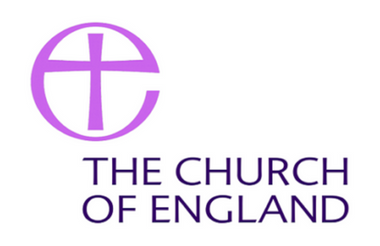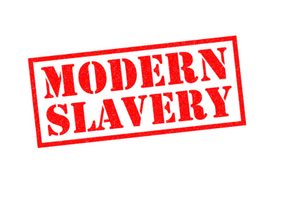The charity investment arm of the Church of England has agreed to a £1bn initiative to atone for its financial involvement in African chattel enslavement after a report said its previous £100m pledge was “not enough”.
In January, the Church Commissioners committed £100m over nine years to redress its “shameful past” after it was revealed that the church’s £10.3bn endowment helped fund transatlantic chattel slavery through the Queen Anne’s Bounty.
The charity subsequently appointed an independent oversight group to advise its board on how to establish the impact investment fund and grant funding programme.
In its final report, published yesterday, the group said the £100m “is very small compared to the scale of racial disadvantage originating in African chattel enslavement”.
It made 41 recommendations including for the Church Commissioners to achieve a target of £1bn “by attracting third-party funds, allocating more of their own endowment and applying the principles of the fund to parts of their portfolio”.
The Church Commissioners said it had accepted the report in full.
£100m ‘not enough’ for this purpose
The report’s recommendations were informed by a global engagement questionnaire that received 996 complete responses.
Respondents said the £100m funding commitment “isn’t enough, relative either to the scale of the Church Commissioners’ endowment or to the scale of the moral sin and crime”.
The report recommends the Church Commissioners disburse the £100m over five years instead of nine and explore “a broader £1bn programme of symbiotic investments, activities and initiatives that enable system change needed for racial equality”.
“Acknowledging the state of global racial inequity largely linked to African chattel enslavement, we recommend viewing this fund as part of a wider systems change,” the report says.
“The aspiration should be for this initial commitment to form the nucleus of a larger investment initiative with target assets of over £1bn.
“This sum would come from: co-investors brought in through the convening and influencing power of the Commissioners; a larger allocation from the Commissioners themselves; and a revision of the investment policies of the main endowment to incorporate principles embodied in the fund.”
Centrality of Black representation
The main mechanisms for the funding delivery will include impact investment, grantmaking, research funding and strategic initiatives “that can contribute to a more inclusive and equitable world”, the report says.
The primary beneficiaries of grant funding should be “people of African descent and Black-led charities/collectives/movements/enterprises and individuals in the UK, Caribbean, Africa, Latin America and North America”.
“There should be an emphasis on shifting funding to ensure more representative leadership that can bring lived experience of the challenges facing people of African descent globally.
“Racial equity mainstreaming should be considered in regard to Black representation within the fund’s leadership and staffing, portfolio of investees and supply chain.
“This corresponds to direct feedback from communities that funding should be channelled through Black leaders, Black communities and Black organisations.”
Church Commissioners: ‘We accept the report in full’
The report also recommends the Church Commissioners funds separate research into the full extent of the Church’s involvement in African chattel slavery and use of the wealth derived from it.
“We call for the Church of England to apologise publicly for denying that Black Africans are made in the image of God and for seeking to destroy diverse African traditional religious belief systems,” the report adds.
The oversight group said that the impact investment and spending programme should start operating later this year.
In response, the Church Commissioners said it “warmly welcomed” and accepted the report in full, acknowledging that “no amount of money can make up for the past”.
“The Commissioners particularly welcomed the clear-sighted ambition of the group and its hope for the scale and impact for the Fund for Healing, Repair and Justice.
“Acknowledging suggestions around more wide-ranging research and truth-telling must be taken as seriously as the financial ambitions reflected in the recommendations.”
Related articles












